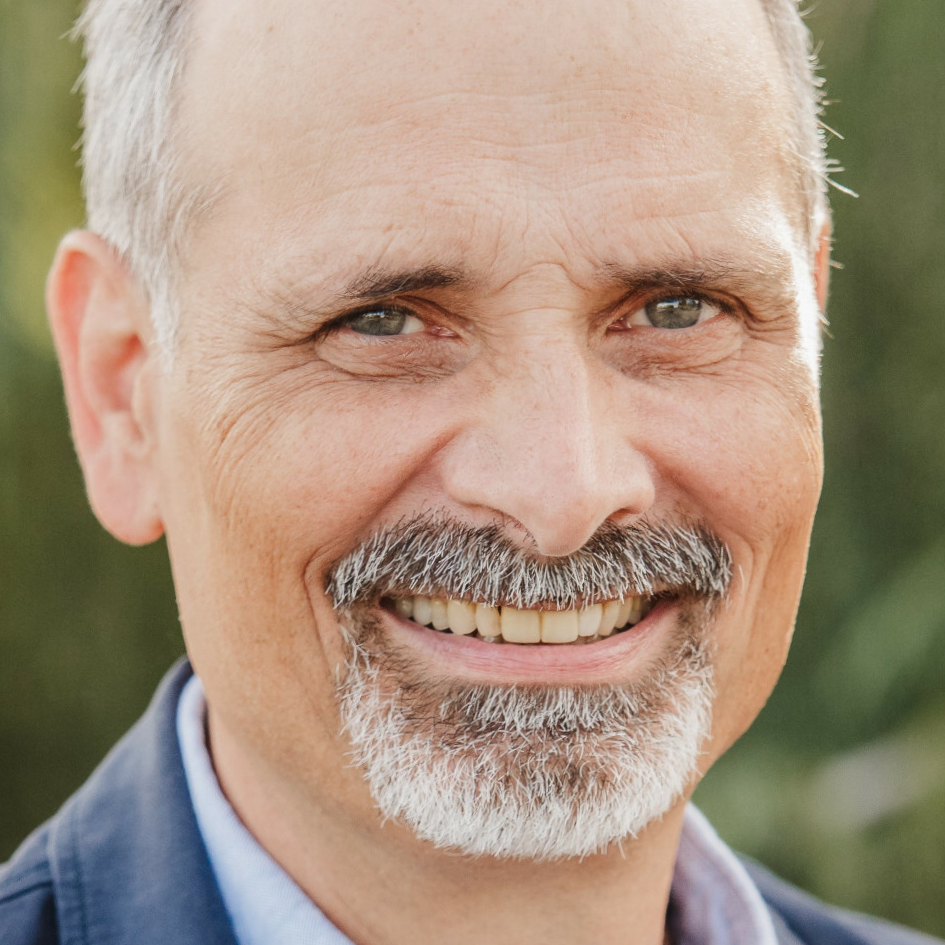Reconsidering How to Share the Gospel in a Skeptical World
I grew up in Canada, where sharing the gospel was difficult, resistance to Christianity was strong, and meaningful conversations were rare. When I moved to the US, I initially found a greater openness to faith discussions. It was refreshing when I told people I was a pastor and they responded with, “That’s great! What church?” instead of, “Why on earth would you want to do that?”
Yet over the nearly thirty years I have served as a pastor in the Pacific Northwest, I have witnessed that openness diminish. More and more, I encounter derision and skepticism like what I experienced in Canada. Evangelical Christians today face a real challenge: how can we engage with an increasingly resistant culture without compromising our convictions, becoming discouraged or defensive, or withdrawing altogether? How can we do this well in this critical cultural moment?
Undeceptions, a nonprofit and podcast, seeks to promote thoughtful Christianity in doubting times. Founded by theologian John Dickson, Undeceptions explores aspects of life, faith, history, culture, and ethics that are either much misunderstood or mostly forgotten. With the help of people who know what they’re talking about, it helps people try to “undeceive themselves” and let the truth “out.” Based on his roots in post-Christian Australia, Dickson knows all too well what it’s like to suffer loss for Jesus in the public square. His central idea—that losing well can be a form of gospel witness—challenges many of our natural instincts but is exactly the kind of wisdom the church needs today.
At the Midwinter Conference for Covenant pastors earlier this year, Dickson reminded us that the early church’s growth was rooted not in power or coercion but in humility, service, and self-sacrificial love. The first Christians were known, not for overpowering their opponents but for their willingness to suffer for what is right. Today when many Christians feel tempted to attack, compromise, retreat, or catastrophize in the face of opposition we face, the call to embody “cheerful confidence” and “cheerful humility” is both convicting and refreshing.
When I shared Dickson’s talk with my congregation, the first comment I received was about how compelling that counsel is. As Christians we need confidence—not in ourselves, but in Christ and the truth of the gospel. In my pastoral ministry, I have observed and committed myself to helping to provide this confidence.
As well, these practical insights resonate deeply, equipping me and many in my congregation to engage the skeptics around us with both confidence and humility. By modeling how to navigate cultural resistance with grace and respect, this message offers a valuable way forward for today’s church. It can help us to better engage with those who are skeptical and resistant.
Too often, as Christians, we feel we must fight every battle, correct every misconception, or win every argument. Yet one of the most powerful ways we can witness the hope of Jesus Christ is through cheerful humility—which may mean choosing to lose well when we must. For the sake of the gospel we learn that it is more fruitful to concede defeat in the public eye than to punch back if we do so with grace, gentleness, and respect. Such a posture often leads to more dialogue—conversations that wouldn’t happen if we persisted in defending ourselves at all costs.
Scripture’s call to cheerful humility goes hand in hand with a call to cheerful confidence—standing up for Christ without fear. This confidence is rooted not in ourselves but in the victory we already have in Christ. It empowers us to engage with grace and truth, even in the face of cultural resistance. We can concede cultural losses because we are confident that Christ has already won. This confidence does not mean we become silent or disengaged. Peter and Paul were “adamant and absolute that Christians are to be noisy,” Dickson said. Even in contested times, we must always answer everyone. We are called to be gracious, gentle, and respectful, yes—but we are not called to be silent. Being noisy about Jesus, and speaking about him publicly, is what Peter means when he writes, “But in your hearts revere Christ as Lord” (1 Peter 3:15).
The skeptical world needs cheerfully confident Christians. One of the most practical things pastors can do for their congregations is to inspire them to embrace this call—not by merely telling them to be confident in the name of Jesus, but by lifting Jesus up before them so that they see his beauty, majesty, wisdom, and power so clearly that they know, in whatever room they find themselves—the lecture hall, the coffee shop, the pub, the sports field—that Christ permeates that space.
This conviction has shaped my ministry so profoundly that it led me to step into a new role at Undeceptions. After thirty years in local pastoral ministry, I sensed a growing need to help churches across the United States and Canada engage more effectively with a doubting public. The work of Undeceptions has already been transformative for many individuals and churches, and my goal is to help more pastors and church leaders become equipped to address the pressing questions of our time.
Wherever cultural losses occur, the church has the opportunity to be a different kind of voice—not by catastrophizing, compromising, retreating, or attacking, but by embracing truth, humility, and the surprising strength of losing well for the sake of the gospel.














